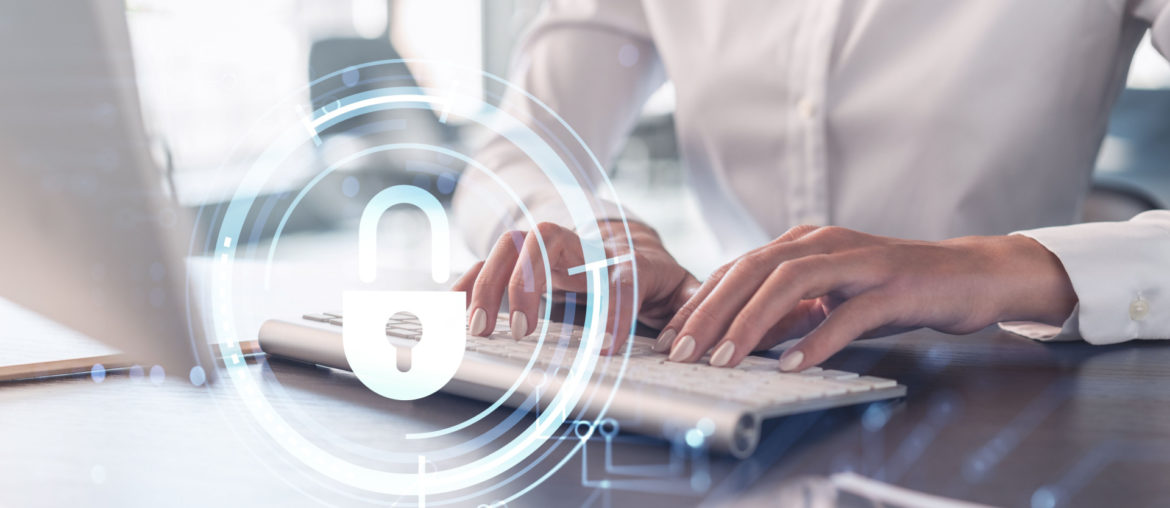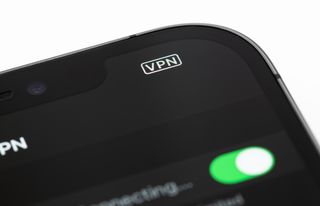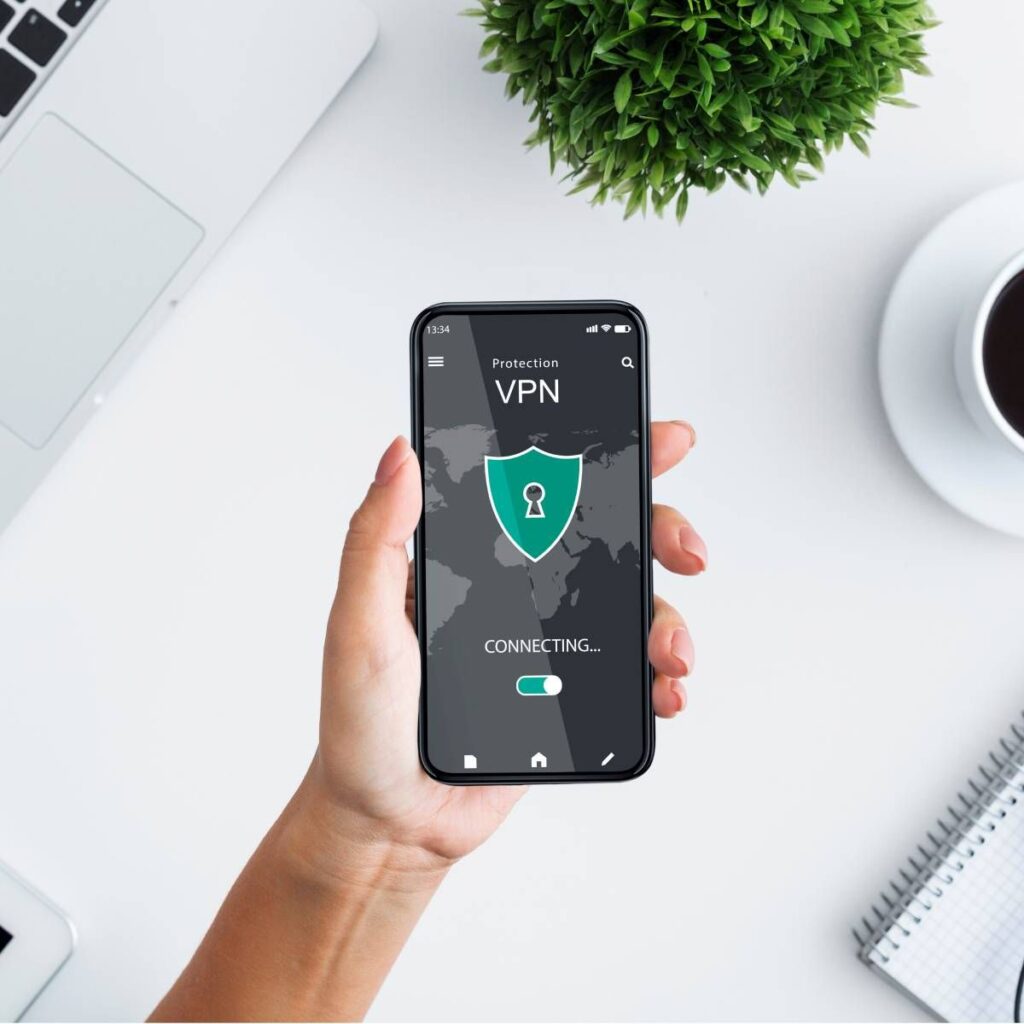To get the most out of a VPN, choose a reputable provider and configure it correctly. Ensure it meets your security and speed needs.
A VPN, or Virtual Private Network, enhances your online security and privacy by encrypting your internet connection. This is crucial in today’s digital age where cyber threats are rampant. Selecting a reputable VPN service ensures robust encryption and a vast server network, offering both security and high-speed internet.
Configuring the VPN properly on your devices is essential for optimal performance. It allows you to bypass geo-restrictions, access global content, and maintain online anonymity. Regularly updating the VPN software and choosing servers strategically can further optimize your experience. By following these steps, you can maximize the benefits of a VPN, ensuring safe and unrestricted internet usage.

Credit: blog.privadovpn.com
Choosing The Right Vpn
Picking the right VPN can be tricky. With so many options, it’s hard to know what’s best. Here’s a simple guide to help you choose the perfect VPN for your needs.
Factors To Consider
- Speed: A good VPN should offer fast internet speeds.
- Security: Look for strong encryption to keep your data safe.
- Server Locations: More servers mean better access to global content.
- Ease of Use: The VPN should be easy to install and use.
- Customer Support: Reliable support can help solve any issues quickly.
- Price: Compare prices to find a VPN that fits your budget.
Top Vpn Providers
| VPN Provider | Key Features | Price |
|---|---|---|
| ExpressVPN | High speed, strong security, 94 countries | $8.32/month |
| NordVPN | Double encryption, 59 countries, user-friendly | $3.71/month |
| Easy to use, 89 countries, good speed | $2.25/month |

Credit: www.techradar.com
Setting Up Your Vpn
Setting up a VPN is essential for online privacy and security. A VPN hides your IP address and encrypts your data. Follow this guide to get the most out of your VPN.
Installation Guide
First, choose a reliable VPN provider. Download the VPN software from their official website. Here’s a step-by-step guide:
- Visit the VPN provider’s website.
- Sign up for an account.
- Download the VPN client suitable for your device.
- Open the downloaded file and run the installer.
- Follow the on-screen instructions to complete the installation.
- Launch the VPN application after installation.
Configuration Tips
Properly configuring your VPN ensures optimal performance. Here are some tips:
- Server Selection: Choose a server close to your location for better speed.
- Protocol Choice: Use the recommended protocol (often OpenVPN) for the best security.
- Kill Switch: Enable the kill switch to block internet traffic if the VPN connection drops.
- Auto-Connect: Set the VPN to auto-connect when your device starts.
- DNS Leak Protection: Enable this feature to prevent data leaks.
- Split Tunneling: Route specific apps through the VPN while others use the regular internet.
Configuration settings can vary between VPN providers. Always check the provider’s guides for tailored advice.
| Feature | Importance |
|---|---|
| Server Selection | High |
| Protocol Choice | High |
| Kill Switch | Critical |
| Auto-Connect | Medium |
| DNS Leak Protection | High |
| Split Tunneling | Optional |
By following these steps, you ensure a secure and efficient VPN setup. Enjoy a safer online experience!
Enhancing Your Privacy
Enhancing your privacy is a top reason to use a VPN. A VPN hides your online activities, shielding your data from prying eyes. This section guides you through methods to maximize your privacy with a VPN.
Encryption Options
Encryption ensures your data stays private. VPNs offer various encryption methods. Here are some common options:
| Encryption Type | Strength | Usage |
|---|---|---|
| AES-256 | Very Strong | Banking, Military |
| AES-128 | Strong | Everyday Use |
| DES | Weak | Legacy Systems |
Choose AES-256 for the best security. It protects against most cyber threats. AES-128 is also a good choice for general use. Avoid using DES as it is outdated and insecure.
Avoiding Data Leaks
Data leaks can compromise your privacy. Follow these steps to prevent them:
- Enable Kill Switch: This feature disconnects you from the internet if the VPN fails.
- Use DNS Leak Protection: Ensure your VPN has this feature enabled.
- Regularly Check for Leaks: Use online tools to test for leaks.
Always enable the kill switch and DNS leak protection. These features are crucial for maintaining your privacy. Regularly check your VPN connection to ensure no data leaks occur.
Maximizing Vpn Performance
Using a VPN offers many benefits, including enhanced security and privacy. To enjoy these benefits, you need to maximize your VPN’s performance. This guide will help you get the most out of your VPN.
Speed Optimization
Speed is crucial for a good VPN experience. Here are some tips to optimize your VPN speed:
- Choose a server close to your location. This reduces the distance your data travels.
- Use a wired connection. Ethernet is faster and more stable than Wi-Fi.
- Select a less crowded server. Fewer users mean better speed.
- Update your VPN software. New versions often have speed improvements.
Troubleshooting Common Issues
Sometimes, VPNs can have issues that affect performance. Here are solutions for common problems:
| Issue | Solution |
|---|---|
| Slow Connection | Switch to a different server or protocol. |
| Connection Drops | Restart your router and reconnect. |
| Cannot Connect | Check your internet connection and firewall settings. |
| High Latency | Choose a server closer to your location. |
By following these steps, you can ensure your VPN works efficiently. Enjoy a fast, stable, and secure connection.

Credit: www.forbes.com
Frequently Asked Questions
How Do I Make My Vpn More Effective?
Use a reputable VPN service. Regularly update the VPN software. Choose servers close to your location. Enable encryption features. Avoid free VPNs for better security.
How To Effectively Use A Vpn?
To effectively use a VPN, choose a reliable provider, install the app, and connect to a secure server. Enable encryption, avoid free services, and regularly update the software for maximum security.
Should I Leave My Vpn On At All Times?
Yes, it’s best to leave your VPN on at all times for security. It protects your data and privacy. You stay safe from hackers and surveillance. Enjoy unrestricted access to content worldwide.
How Can I Get Strong Vpn?
Choose a reputable VPN provider like NordVPN or ExpressVPN. Ensure it offers strong encryption, no-logs policy, and fast servers.
Conclusion
Maximizing your VPN usage ensures online privacy and access to restricted content. Choose the right VPN, configure it properly, and stay updated. Regularly review settings and server locations for optimal performance. By doing so, you’ll enjoy a safer and more versatile internet experience.
Stay secure and make the most of your VPN.


